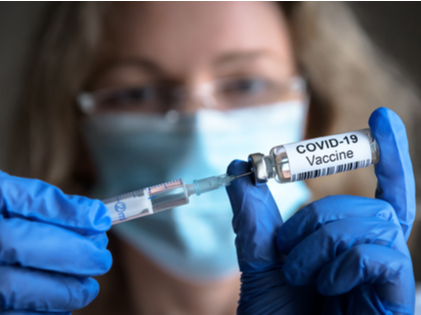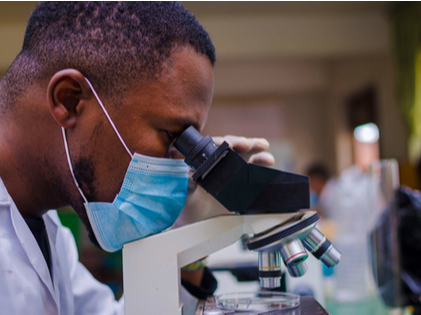
COVID-19 pandemic continues to strike terror in every heart even after ten months since its first outbreak. However, serious research is underway trying to uncover what makes a few people more vulnerable over the rest. One such finding could leave you in a state of shock and surprise!
Did you know that your blood type may determine your virus vulnerability? There have been two new studies from the journal Blood Advances that find key differences between varied blood types. It seems people with blood type A are more likely to get the disease than type O.
A research team from Denmark studied 473,654 people who were COVID-19 positive from February to July. Among the humongous number, 7,422 tests came out to be positive. The studies also found that people with blood group O had a reduced risk for the infection. However, the study’s findings have a few limitations, as the testing was done only on 62% of the population.
The Impact of COVID-19 on Different Blood Groups

There was another study done on ICU patients in metropolitan Vancouver hospitals between February and April. From the 125 COVID-19 patients, there was a higher percentage of blood group data available for further analysis. This research further enunciated that people of the blood group A or AB were at increased risk and may need mechanical ventilation compared to O positive.
The U.S. Centers for Disease Control and Prevention has recently studied and revised the underlying medical conditions that may put people at greater risk for novel coronavirus.
Also, COVID-19 patients with blood group A or AB appeared to show a greater disease severity than patients with blood group O or B. Also, people whose blood group of A or AB may have an increased risk for conditions such as mechanical ventilation, longer ICU stay, and so on.
The Perspective of the New England Journal of Medicine

In this research, scientists did a gene check on individuals from Europe. The deductions were the same as the other studies that people with Type A blood were more at risk of COVID-19 complications than the blood type O blood types.
The study by scientists from different places such as Italy, Spain, Denmark, Germany, and other countries studied over 2,000 patients. This was a combination of people with COVID-19 to several thousand other healthy or mild or no symptoms.
The genetic analysis of the novel Coronavirus on patients suggested that blood type may indicate whether someone may risk severe disease. Researchers are trying to understand why few people have severe coronavirus symptoms, while others do not. However, a few types of research suggest that older people and men are at a higher risk.
The Blood Group and Genetics Link

There are four different main blood types — A, B, AB, and O, and the type is determined by the presence of proteins on the red blood cells surface.
People with Type O may recognize the presence of certain proteins as foreign proteins on the virus surfaces. Even during the SARS outbreak, people with O positive blood group were less vulnerable. Coronavirus is a genetic cousin of SARS. We believe there could be a similar link between the virus and the blood group! The susceptibility of certain diseases and their blood group links are not something new. Even diseases such as cholera, E. coli, or UTIs, or H. pylori are likely to affect a few blood groups over the other!
These studies only imply the link between blood type and the COVID-19 outcome but may not pin down as cause and effect. There have been quite a few studies on this. However, we need more large scale studies in this space to be sure!
Until then, we cannot be sure that people with O positive blood group are relatively safer. So, they will have to continue following the regular norms and safety precautions like the rest! We can hope that further research in this space will clear the air and provide a clear understanding of who is vulnerable to the virus and who isn’t.
Until then, we have to continue to maintain social distancing and wear our masks! Following the guidance and precautionary measures that the government suggests will help us contain the pandemic spread. And this will ensure there are fewer lives lost to the virus! So, stay healthy and stay safe!





